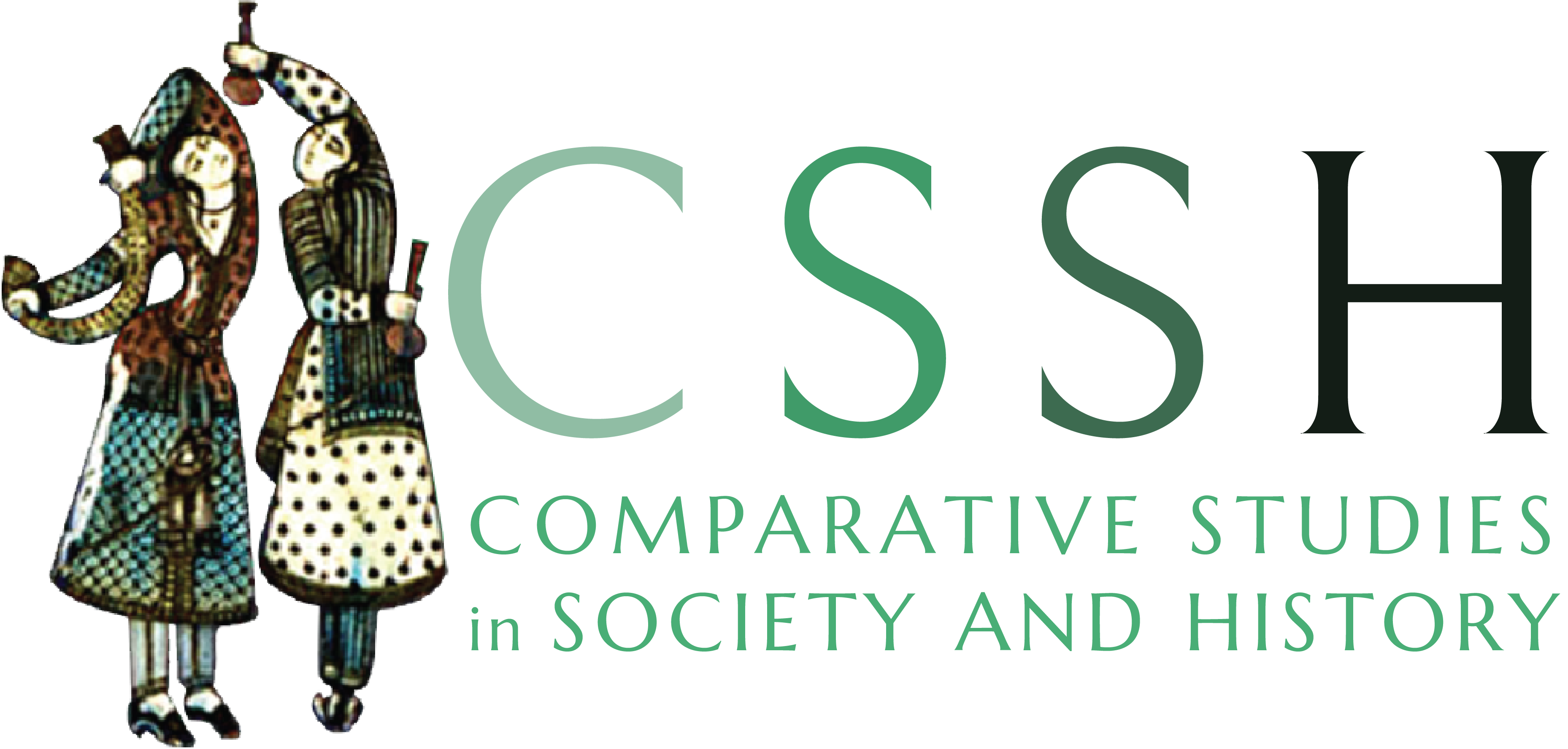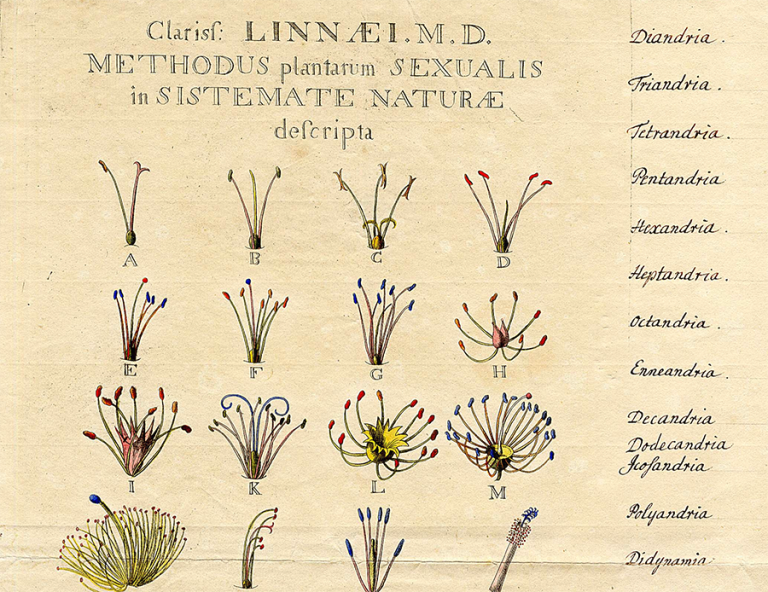What is happening at the margins of Muslim identities? Where are those margins? And what is beyond them, in seemingly non-Muslim space?
Category: In Dialogue
A good CSSH essay generates ample commentary, both before publication (in the form of peer review) and after (in patterns of citation and classroom use). In this forum, we invite authors to talk about the work they have placed in CSSH, how intellectual trends associated with the journal are changing, and new analytical problems and approaches that should receive more attention than they currently do.
The Specificity of Sources: Simona Cerutti and Isabelle Grangaud discuss their Goody Award-winning essay with Andrew Shryock
To celebrate CSSH‘s 60th anniversary in 2018, the journal’s editors organized an annual article award in commemoration of the late Sir Jack Goody (1919-2015). Jack Goody was a frequent author and contributor to the journal over the course of five decades. The award named in his honor is granted to the article that best represents the mission…
Remote Sensing: Alireza Doostdar, Graham M. Jones, Larisa Jasarevic, Alaina Lemon, and Andrew Shryock discuss new approaches to occult and magical things
In recent years, CSSH has seen a spike in essays that explore the paranormal, extrasensory, and metaphysical. These pieces fall outside the wide range of essays on magic and religion that have filled our pages for decades. They are unlike the ontology essays accumulating everywhere. The authors of this new genre do not look to…
Making Kinship Bigger: Andrew Shryock in Conversation with Golfo Alexopoulos, Nadav Samin, David Henig, and Gísli Pálsson
One of the tall tales of modernity goes like this: as human societies become more complex — more industrial, urban, mass mediated, and public — the importance of kinship as an organizing principle decreases. The rule is invoked in multiple settings, often with a judgmental spin. Seldom does an identity narrative seem so self-evidently true and false at the same time. If we were to flip it, keeping its exaggerated feel but reversing the implications, the story might sound like this: claims about the diminishing significance of kinship (and its radically changing forms) have ethical weight because they are contested, very often inaccurate, and based on aspirations that are hard to realize in everyday life because ideas of relatedness are so important to us. Is this an improved version of the tall tale, or evidence that we need to tell a different kind of story altogether?
Priorities of Law: A Conversation with Judith Scheele, Daniel Lord Smail, Bianca Premo, and Bhavani Raman
CSSH has been host to an impressive gathering of essays on the cultural and historical aspects of law. During the last decade, we have published influential pieces on Islamic law, on states and their jurisdictions, on spaces beyond the law, on legal practitioners, criminals, police, and prisons.
More Thoughts on Resistance and Refusal: A Conversation with Sherry Ortner
In 1995, Sherry Ortner published an essay in CSSH that continues to attract readers today. “Resistance and the Problem of Ethnographic Refusal” (37/1: 173-193), explored a trend, emergent at the time, in which resistance-oriented scholars were abandoning fine-grained accounts of local, subaltern worlds for critical analysis of external, impinging powers: the empire, the state, the global economy. The outcome, Ortner claimed, was superficial work inadequate to its own political ambitions. In the following exchange with Andrew Shryock, Ortner discusses the positions she took in this essay, giving us a sense of where her ideas came from and how they have changed during two decades of subsequent scholarship.







